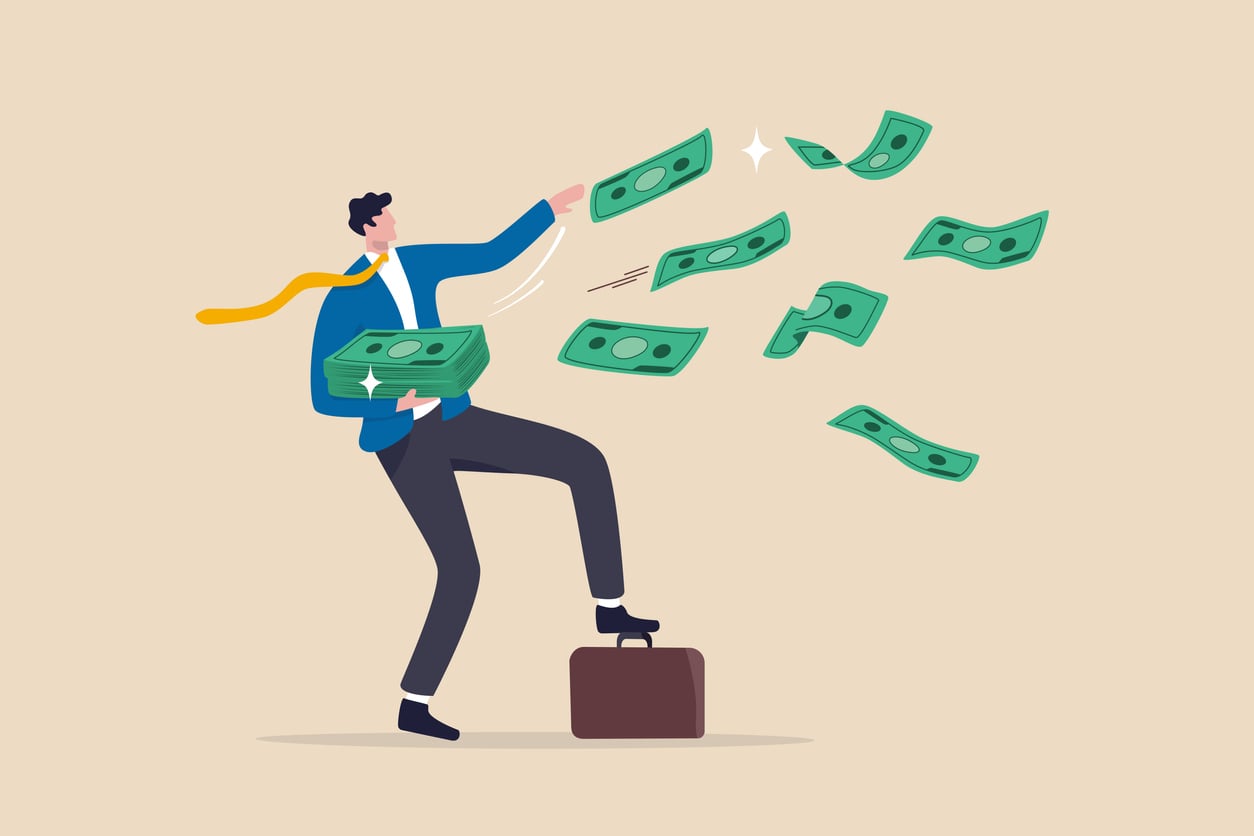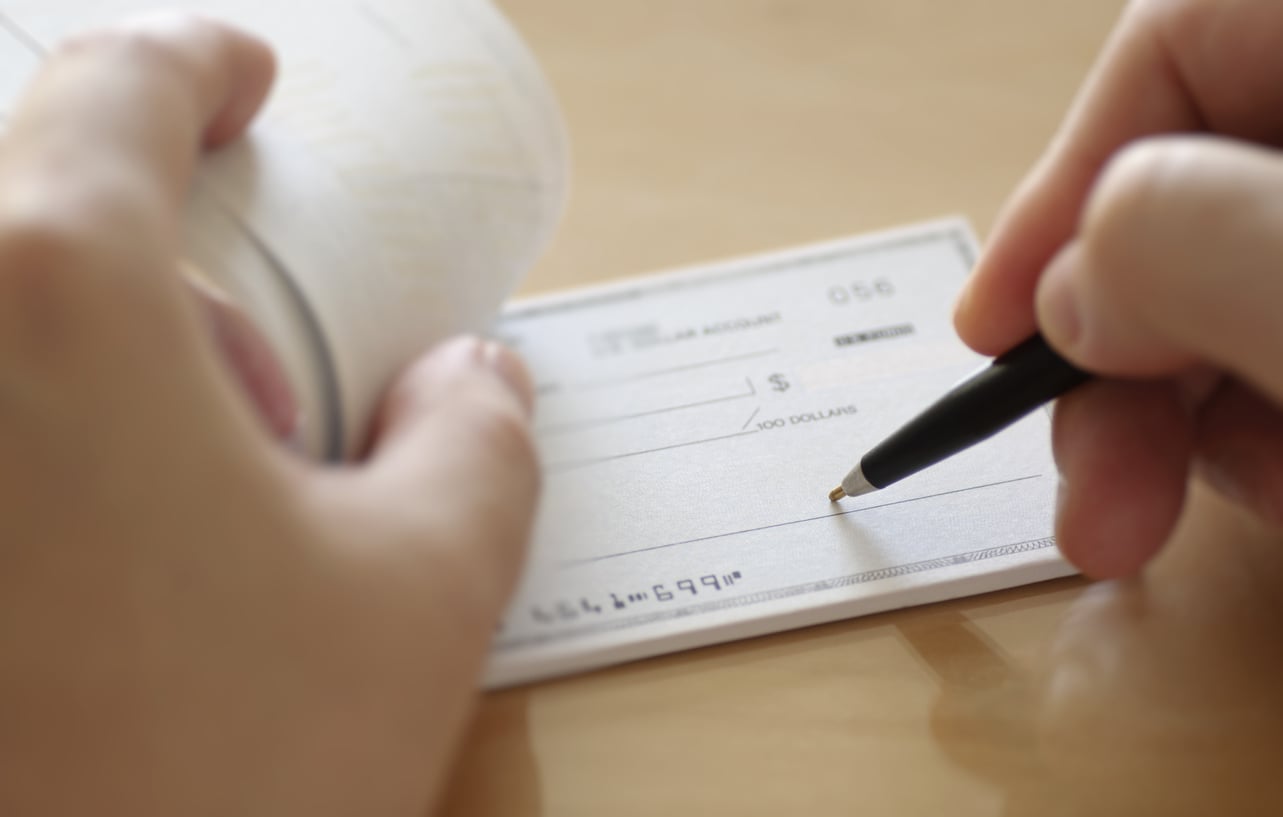Which Bills Should You Pay First? How to Prioritize Your Monthly Expenses

There are many different ways to prioritize your monthly expenses - it all depends on your unique financial situation. Sometimes, you may have to make tough decisions about which bills to pay first. In this blog post, we will give you some tips on how to best manage your monthly expenses. Keep in mind that everyone's priorities will be different, so use this information as a guideline and create a plan that works best for you!
Organizing Debt
One of the smartest things you can do when it comes to your finances is to get your debt organized. This means creating a system that works for you to keep track of what you owe, who you owe it to, and when each payment is due. There are a few different ways to go about this, but one of the simplest is to create a spreadsheet with three columns: creditor, balance, and due date. Fill in each column with the relevant information, and then set up a schedule for making payments. Be sure to include any minimum payments, as well as any additional funds you can put towards debt reduction. By getting your debt organized, you'll be able to make more informed decisions about how to achieve financial freedom.
Find a Payment Strategy
Selecting the right payment strategy for your business can be vital to its success. There are many factors to consider, such as the type of products or services you offer, your target market, and your sales volume. However, with a little bit of research, you should be able to find a payment strategy that meets your needs. One common payment strategy is to offer discounts for early payment. This can encourage customers to pay their invoices promptly, which can help improve your cash flow. Another option is to offer financing, which can make it easier for customers to purchase your products or services. There are also a variety of specialized payment solutions available, such as subscription-based billing and recurring payments. By carefully considering your options, you should be able to find a payment strategy that works well for your business.
Higher Interest Focused
Higher interest rates have a tendency to focus the minds of both savers and borrowers. The increased cost of borrowing money affects the entire economy. When it becomes more expensive to borrow, people are less likely to spend. This can lead to a decrease in economic activity and even recession. On the other hand, higher interest rates tend to encourage saving. This is because savers earn more interest on their deposits. As a result, they are more likely to keep their money in the bank, which can help to stabilise the economy. In conclusion, higher interest rates can have a significant impact on both savers and borrowers.
Smallest Balance Focused
Smallest balance focused is a great way to save money and pay off debt. By targeting the smallest balance first, you can quickly eliminate debt and reduce your monthly payments. This approach can also help you build momentum and confidence as you see your debts disappearing. In addition, smallest balance focused helps you stay motivated by providing tangible results. As you focus on paying off your smallest debts, you'll see your progress accumulating which will keep you inspired to continue working towards your financial goals. If you're looking for a way to get out of debt and save money, smallest balance focused is a great strategy to consider.
Budgeting Your Payments
It's important to be mindful of your spending and to plan ahead for big purchases. One way to do this is to budget your payments. When you know how much you can afford to spend each month, it's easier to make responsible choices about your finances. To budget your payments, start by looking at your income and expenses. Make a list of all of your regular bills, including utilities, mortgage or rent, credit card payments, and any other recurring expenses. Then, subtract this total from your monthly income. This will give you an idea of how much money you have available to spend on other items. Once you know how much money you have available, you can create a budget for your spending. Be sure to include a buffer for unexpected expenses, so that you don't end up short on cash each month. By following these steps, you can take control of your finances and make smarter decisions about your spending.
Using Small Windfalls
Most of us have had the experience of finding a small windfall, such as a $20 bill in the pocket of an old jacket. While it may not be a life-changing sum of money, it can still be tempting to spend it on something frivolous. However, there are many ways to use a small windfall that can make a big difference in your life. For example, you could use it to start an emergency fund. Even a few dollars can add up over time, and having even a small cushion can help you weather unexpected expenses. Alternatively, you could use a windfall to pay down debt. Every little bit helps, and paying off even a small amount of debt can save you money in the long run. Finally, you could use a windfall to treat yourself to something special. After all, life is too short to sweat the small stuff. So next time you find a small windfall, don't spend it on something mundane. Instead, use it in a way that will improve your life in the long run.
Extra Work
Taking on extra work can be a great way to earn some extra money. Whether you're looking to make a few extra dollars to cover a unexpected expense or you're hoping to save up for a larger purchase, taking on some extra work can be a great way to reach your financial goals. And with the vast array of opportunities available today, there's sure to be something that's a perfect fit for your skills and interests. From dog-walking and yard work to tutoring and freelance writing, there are plenty of ways to make some extra cash. So if you're looking to boost your bank balance, consider taking on some extra work. With a little effort, you could soon be counting your extra earnings.
Debt Consolidation
Debt consolidation is the process of taking out a loan to pay off multiple debts. This can be an effective way to reduce your monthly payments, as you will be paying off your debt with a single loan at a lower interest rate. Debt consolidation can also help you to improve your credit score, as it will show that you are making strides to pay off your debt. There are a few things to consider before consolidating your debt, such as whether you will be able to qualify for a consolidation loan and whether it makes financial sense for your situation. But if done correctly, debt consolidation can be a powerful tool in getting your finances back on track.



